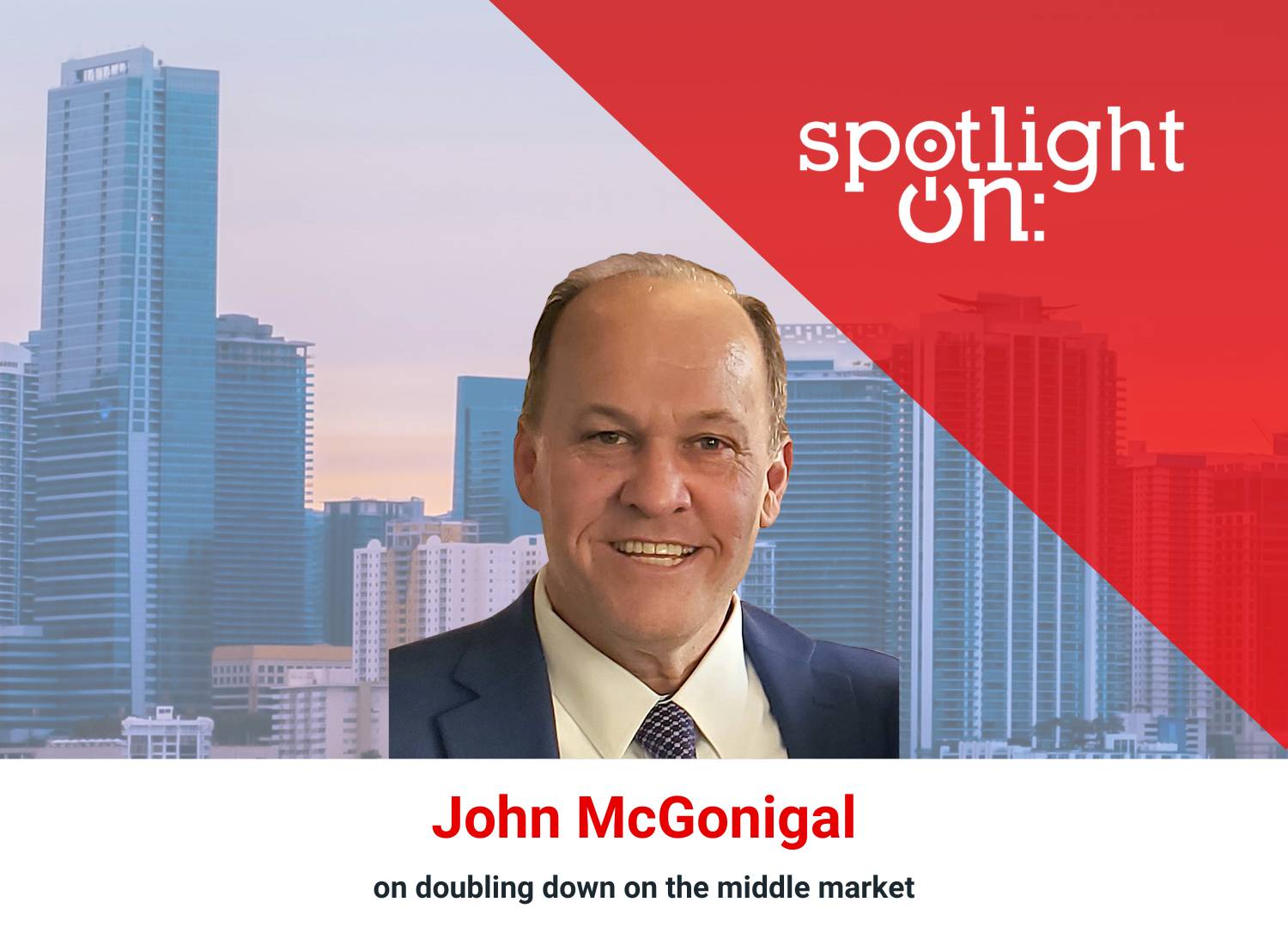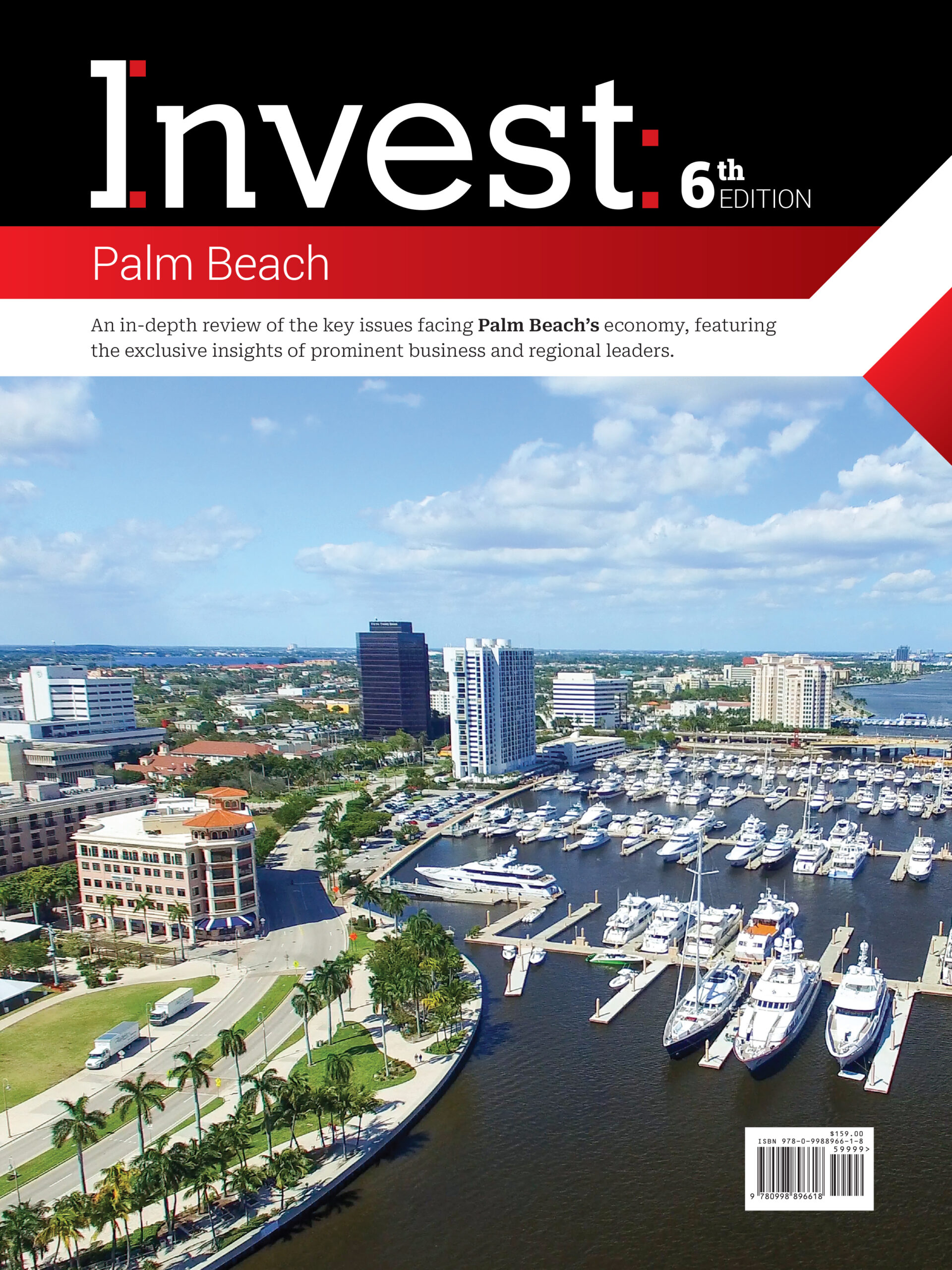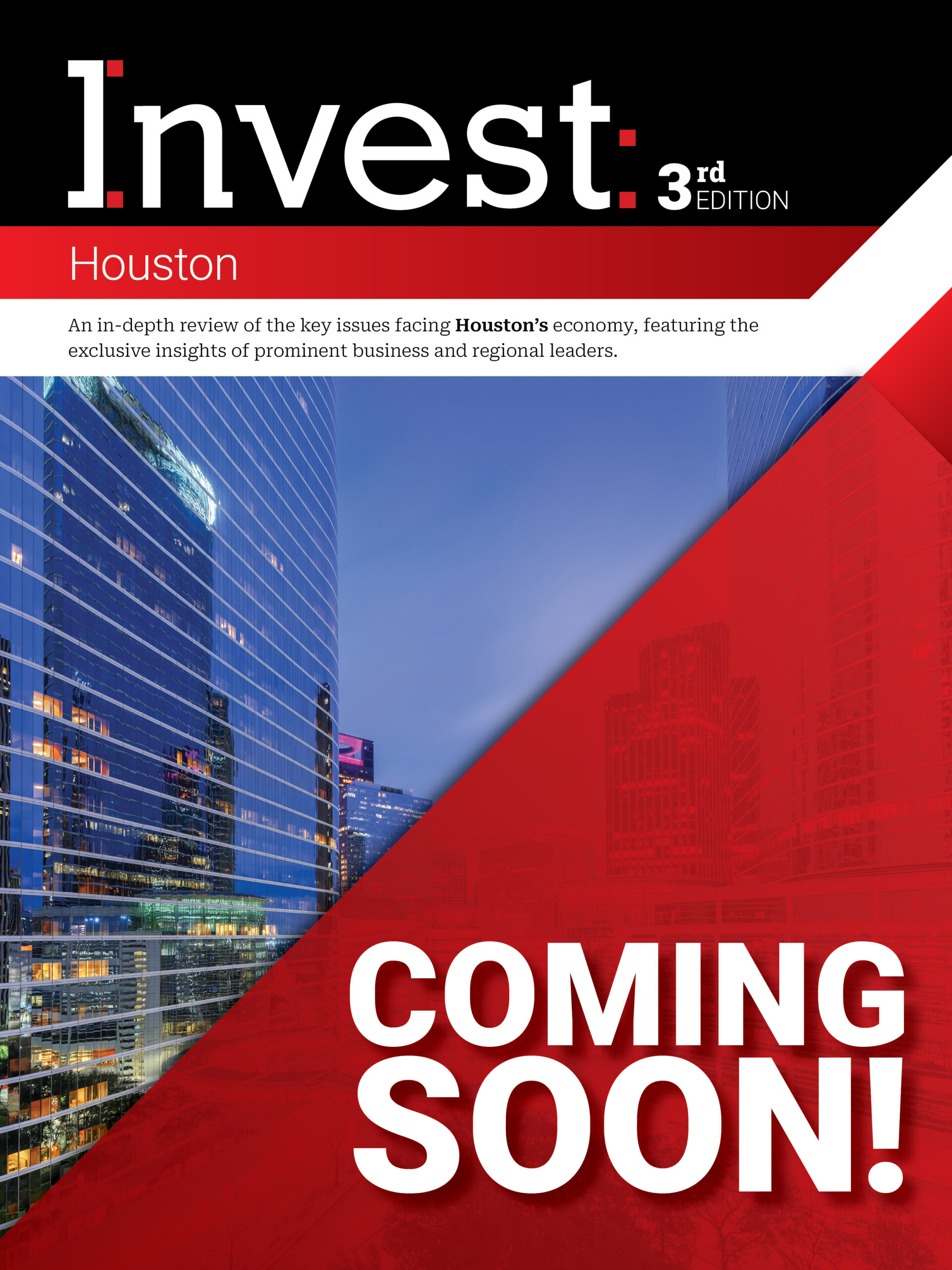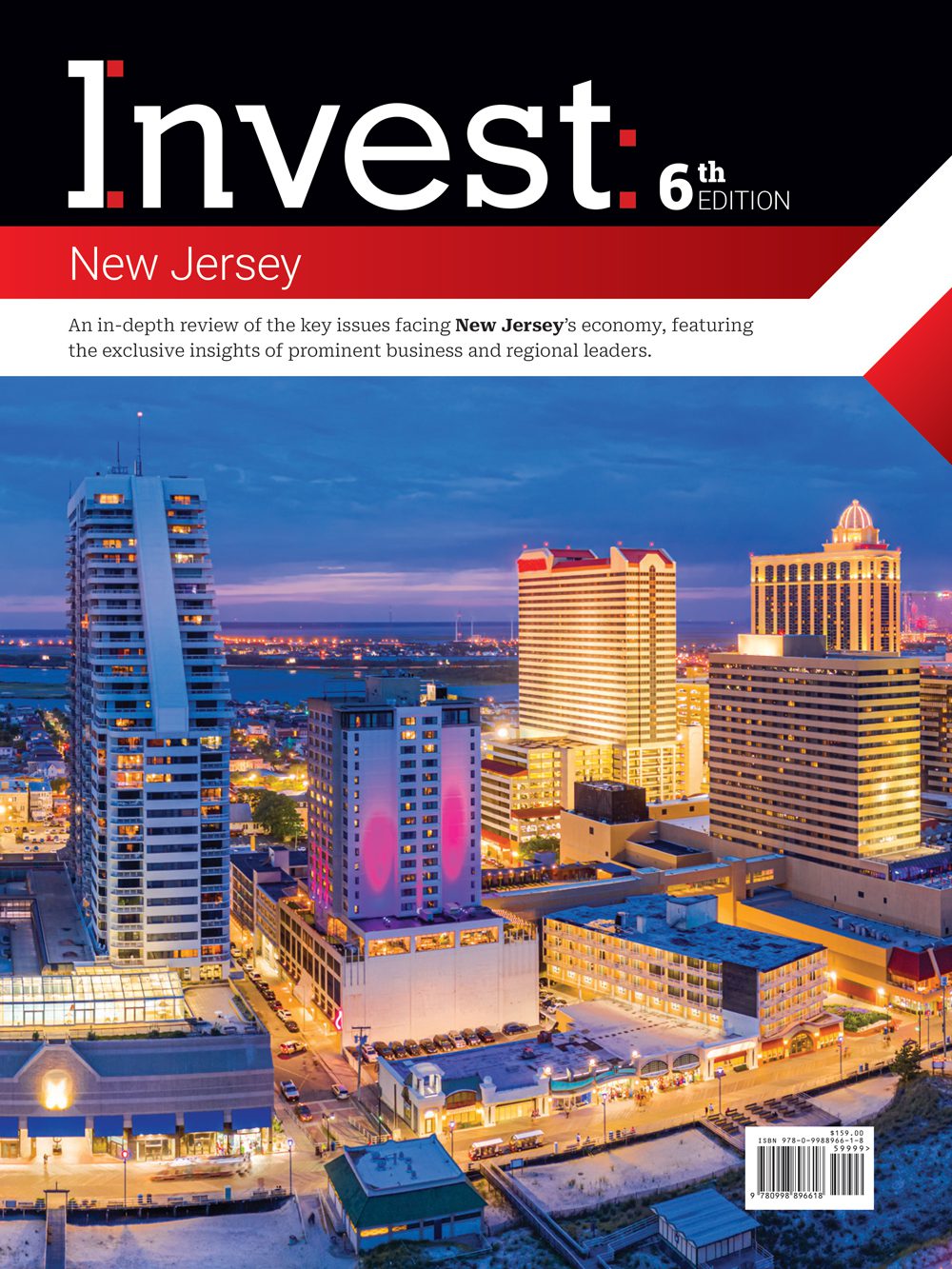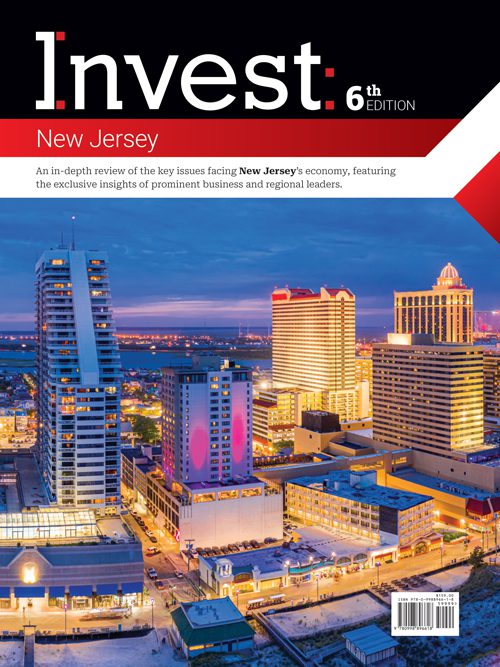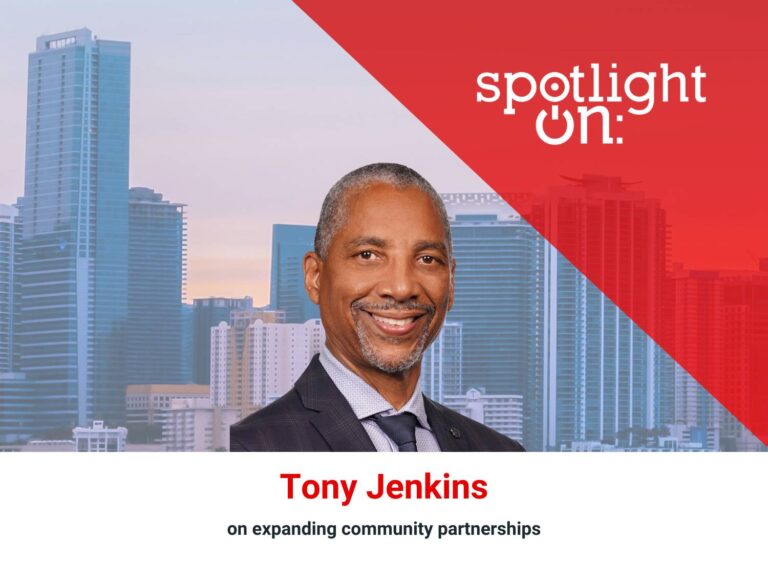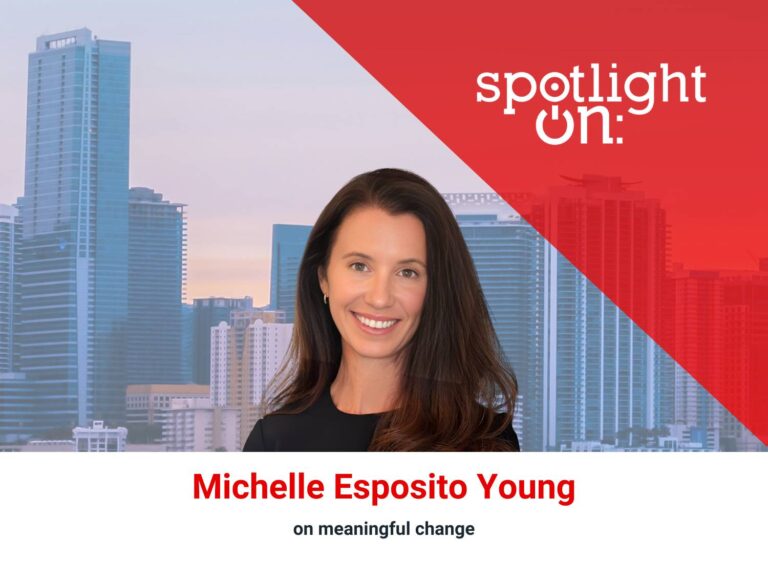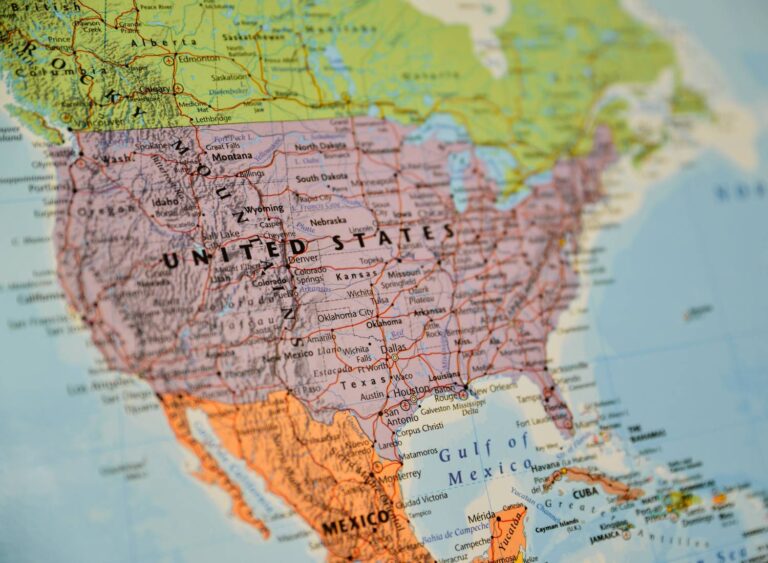Greater Fort Lauderdale leaders align on strategy to drive growth through partnerships
Writer: Mirella Franzese
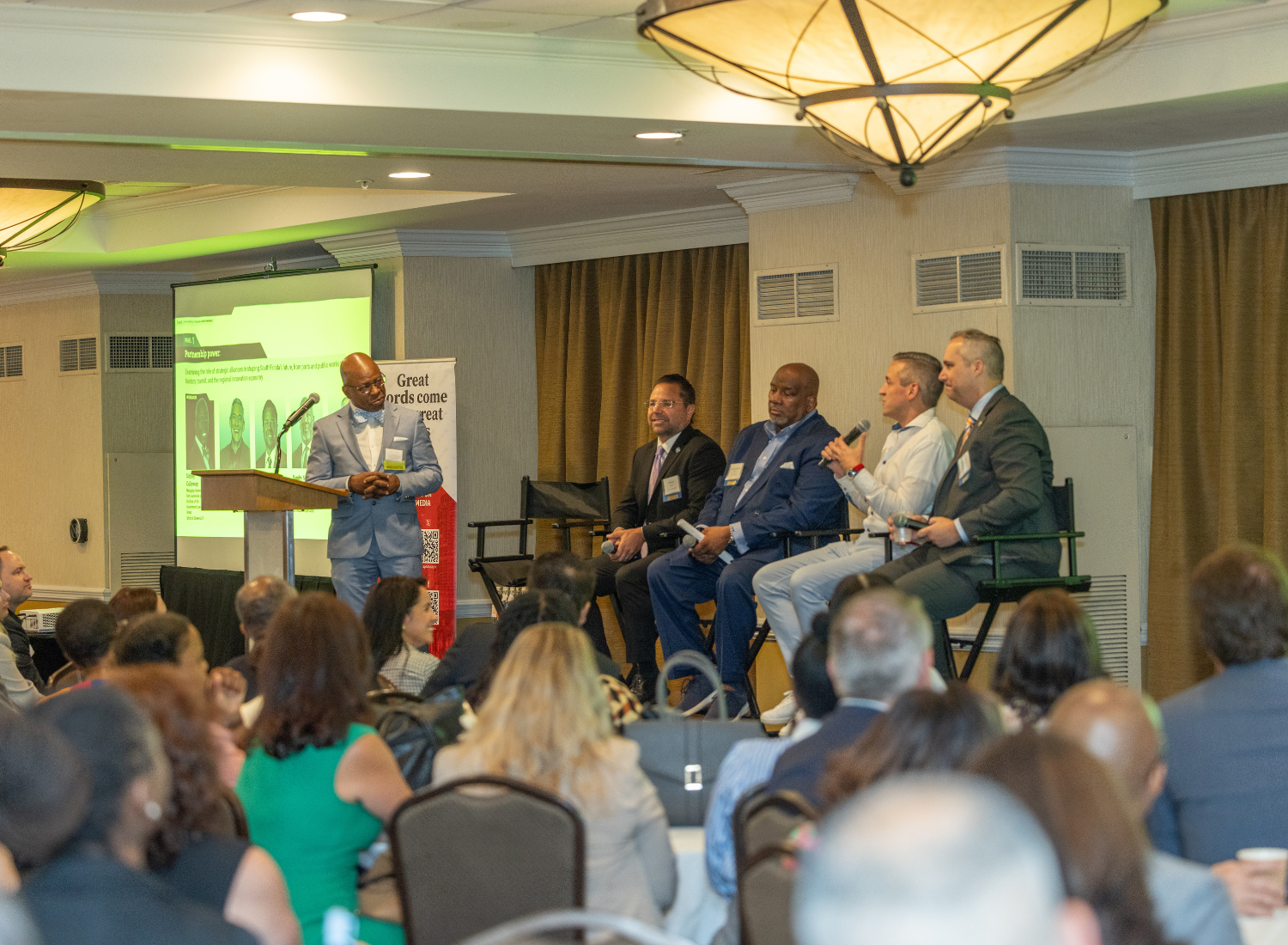
June 2025 — Strategic collaboration is defining the long-term vision for Greater Fort Lauderdale as public-private partnerships unlock new economic potential for the region.
“Collaboration certainly is key to success for many of our organizations,” said City of Hollywood Mayor Josh Levy during the Invest: Greater Fort Lauderdale 7th Edition leadership summit, which took place on June 5 at the Riverside Hotel.
“We can always leverage the talents and the abilities of partners to bring results for our own backyard, for our own enterprises that will benefit everyone in Hollywood,” said Levy.
With $10 billion invested in residential, office, and infrastructure developments — including enhanced mobility, connectivity, and tourism offerings — Broward County’s civic and corporate leaders are aligned in their mission to drive economic growth in the region and attract a new stream of residents, businesses, and investors.
Large-scale development plans for areas like downtown Hollywood are transforming Broward County into a world-class business, tourism, and transportation hub, rivaling those of neighboring markets, Miami-Dade and Pompano Bay. Meanwhile, the expansion of the Brightline railway and its integration with cities in Broward County, highlights the importance of creating access points to boost economic growth, tourism, and business development in the urban core.
These undertakings were discussed at length by the region’s top leaders in a panel discussion moderated by Sidney Calloway, managing partner of the Fort Lauderdale office and co-chair of the Government Law Practice Group at Shutts & Bowen LLP. Calloway was joined by panelists Anthony Cordo, executive vice president of Visit Lauderdale, Josh Levy, mayor of the city of Hollywood, Sandy-Michael McDonald, director of the Broward County Office of Economic and Small Business Development (OESBD), and Joseph Morris, CEO and port director of Port Everglades.
According to Mayor Levy, the development of a new commuter rail along the Brightline tracks is one of the key projects transforming the region, born out of a partnership between the city of Hollywood and major developer Housing Trust Group. Known as University Station, the $100 million project includes 216 units of affordable and workforce housing, a 635-space public-private parking garage, more than 2,000 square feet of designated retail and commercial space, and a new 12,000-plus square-foot campus for Barry University’s College of Nursing and Health Services. On the residential side, all available apartment units will be restricted for residents earning between the 22nd and 80th percentile of the area’s median income, offering affordable rents between $332 to $1,942 — which is markedly below the Hollywood average of $2,127.
“We expect trains to start stopping in downtown Hollywood around 2028. But we didn’t stop there. We’re combining education, workforce, housing, and transportation and public parking … which will contribute to the success of downtown Hollywood and the entire region,” said Levy.
These types of projects wouldn’t be viable without the contribution of small businesses and local enterprises, according to McDonald, who noted the significance of serving local businesses in cementing partnerships with government, chamber, and community leaders.
“There’s over 85,000 registered businesses in Broward County,” he said. “Eighty-nine percent of those 85,000 … have 20 employees or less. The reality is to service small businesses. There’s no way that Broward can do it by itself, so the collaboration is built on the service providers, the other municipalities, the Chambers and the organizations who all come together.”
Beyond driving downtown growth and supporting small businesses, strategic collaborations are also boosting tourism, which is not just a major economic driver in Fort Lauderdale and Hollywood, but a gateway for new businesses to enter the region.
The key to creating these new synergies and facilitating new development is keeping an open discourse with the public and private sector alike, according to Cordo. “There are opportunities that sometimes us government leaders might not realize the private industry can help us with.”
One such example is the renovation of a 250-acre golf course in Hollywood, which would have required a $40 million investment using tax-payer dollars, had the city not received an unsolicited partnership proposal from a private developer, as highlighted by Levy. The developer — unnamed by the mayor — will build the golf course at their own cost, with the city granting permits for the construction of three residential buildings on Pembroke Road and I-95, and a hotel, in tradeoff.
To access the Invest: Greater Fort Lauderdale 7th Edition report, click here. (Subscription required.)
For conference panel discussions, please subscribe and stay tuned to our YouTube Channel.
For more information, visit:
https://www.visitlauderdale.com/
WRITTEN BY
